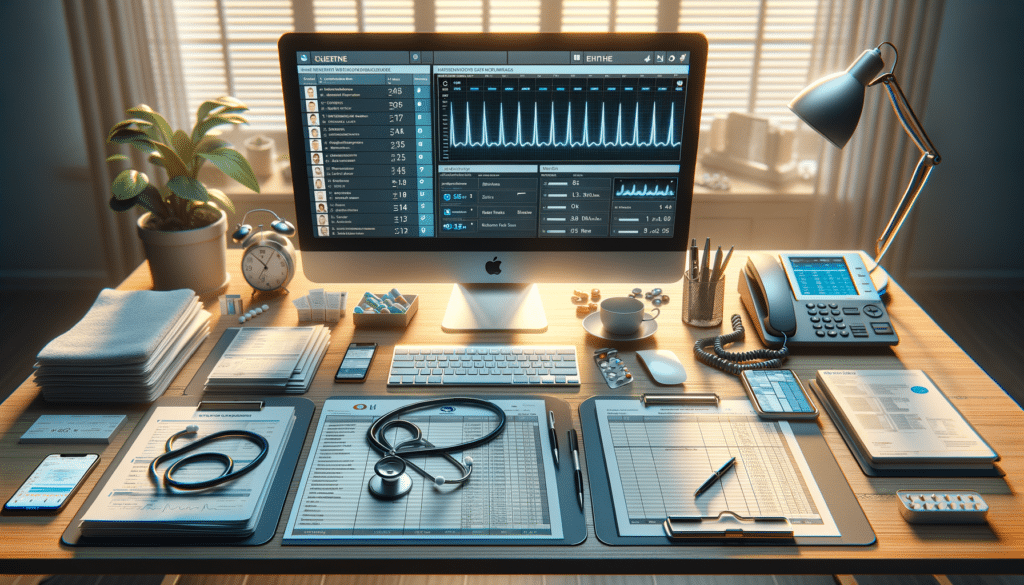Introduction to the Role of Medical Office Assistants
Medical Office Assistants (MOAs) play a pivotal role in the healthcare industry, acting as the backbone of medical facilities. They perform a variety of tasks that ensure the smooth operation of healthcare practices, including administrative duties, patient interaction, and support for medical staff. With the increasing demand for healthcare services, the role of MOAs has become even more crucial. They are often the first point of contact for patients, setting the tone for the healthcare experience. Their responsibilities require a blend of organizational skills, medical knowledge, and interpersonal abilities, making them indispensable in any medical setting.
Key Responsibilities of Medical Office Assistants
The duties of MOAs are diverse and multifaceted, encompassing both administrative and clinical tasks. They handle scheduling appointments, managing patient records, and billing, ensuring that the administrative side of healthcare runs smoothly. On the clinical side, MOAs may assist with taking vital signs, preparing patients for examinations, and ensuring that medical supplies are adequately stocked. Their role requires a keen eye for detail and the ability to multitask effectively. Key responsibilities include:
- Managing patient appointments and schedules
- Maintaining and organizing patient records
- Handling billing and insurance claims
- Assisting with basic clinical procedures
- Providing excellent customer service to patients
Skills and Qualifications Required
To excel as a Medical Office Assistant, individuals must possess a unique set of skills and qualifications. A high school diploma is typically required, and many employers prefer candidates with additional certifications or training in medical office administration. Critical skills include strong communication abilities, proficiency in medical terminology, and familiarity with healthcare software systems. MOAs must also exhibit compassion and empathy, as they frequently interact with patients who may be experiencing stress or discomfort. Essential skills and qualifications include:
- Strong organizational and multitasking abilities
- Knowledge of medical terminology and healthcare procedures
- Proficiency in using electronic health records (EHR) systems
- Excellent communication and interpersonal skills
- Empathy and compassion in patient interactions
The Impact of Medical Office Assistants on Patient Care
Medical Office Assistants significantly impact patient care by ensuring that healthcare facilities operate efficiently and effectively. Their administrative support allows medical professionals to focus more on patient care and less on paperwork. By managing appointments and patient flow, MOAs help reduce wait times and improve the overall patient experience. Their role in maintaining accurate patient records is crucial for ensuring continuity of care and effective treatment planning. Through their efforts, MOAs contribute to a positive healthcare environment, enhancing patient satisfaction and outcomes.
Future Prospects and Career Growth
The demand for Medical Office Assistants is expected to grow as healthcare needs continue to rise. This growth presents numerous opportunities for career advancement and specialization. MOAs can pursue further education and training to become certified medical assistants, office managers, or healthcare administrators. The evolving landscape of healthcare technology also offers avenues for MOAs to specialize in areas such as health information management or medical billing and coding. With the right skills and dedication, MOAs can enjoy a rewarding and fulfilling career in the healthcare industry.





